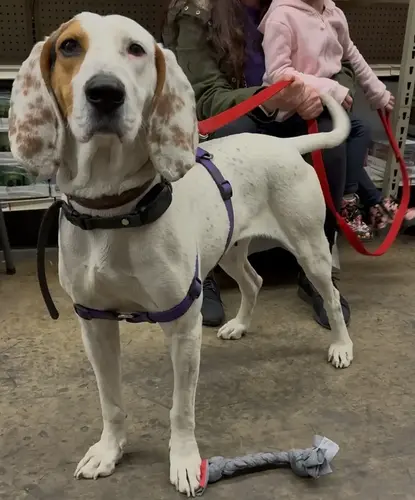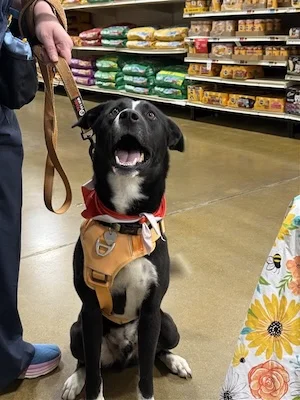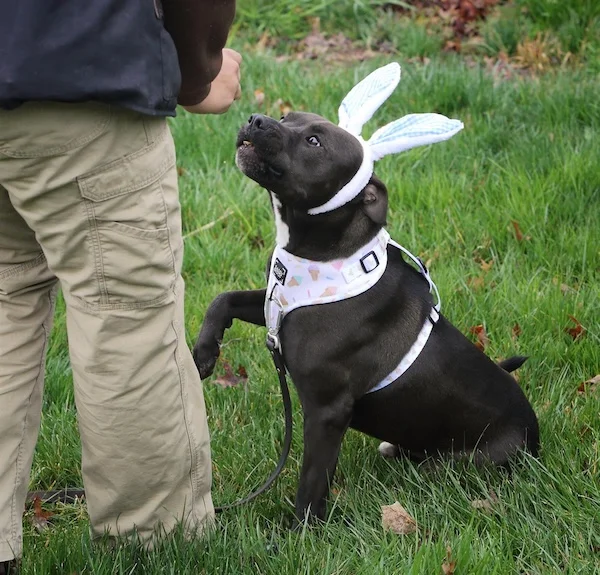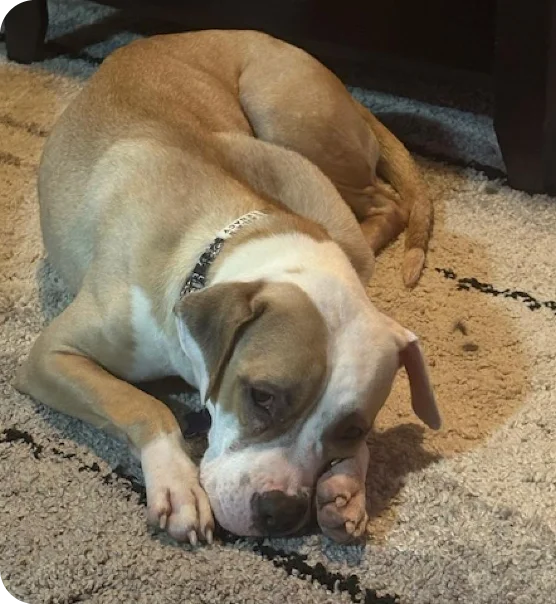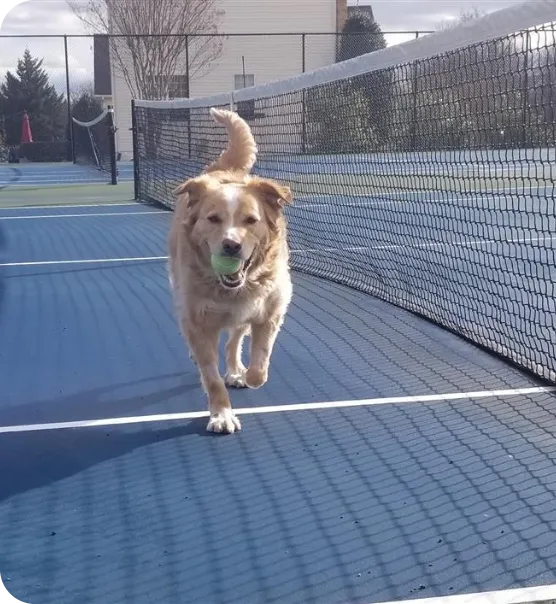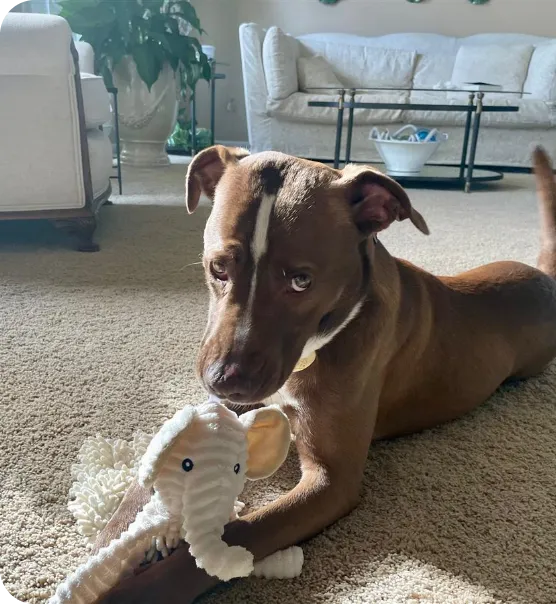For Dog’s Sake, Pup-Proof Your Home and Yard
According to The American Veterinary Medical Association, there are over 76 million dogs in the U.S. alone. That’s a lot of pups that require our love, time, patience, and protection. This careful attention is not unlike the devotion we give our kids; they’re just a different species.
Responsible human parents take great care to child-proof their home and surroundings. Guess what? We have the same obligation to our dogs. Yes, dog-proofing our property is a thing! Many edible and non-edible things can make your dog extremely sick or even worse. It’s time to do a walk-around and become aware of what can harm our dog. We’re not talking choking hazards rather items that can be toxic to your pup.
Start in your basement, garage, shed, porch, or yard. These are places often overlooked and require fresh eyes. Although not all-inclusive, place these items in an area (or sealed containers) that is off-limits to your dog.
- Antifreeze
- Cocoa mulch
- Fabric softener sheets
- Ice melting products
- Insecticides and pesticides
- Lawn fertilizers and weed killers
- Liquid potpourri
- Mothballs
- Paints and solvents
- Rat and mouse bait
- Various household cleaners
- Swimming pool and hot tub chemicals
- Salt dough Christmas tree ornaments and play dough
- Certain plants and flowers
- Batteries
If fabric softener sheets and play dough surprised you, you need to pay attention to edible things that can be dangerous. These include:
- Alcoholic drinks and food products containing alcohol
- Caffeine
- Chocolate
- Fatty foods
- Garlic
- Grapes and raisins
- Macadamia nuts
- Marijuana
- Medicine intended for people or another pet unless directed by your veterinarian.
- Onions
- Salt
- Tobacco products (including e-cigarettes and their refills)
- Xylitol (a sweetener found in products such as some sugar-free chewing gum, sugar-free candy, cough syrup, mouthwash, and toothpaste)
- Yeast products (like raw bread dough)
A general rule of thumb is to avoid giving your dog “people food.” Processed food can contain ingredients listed above that can sicken your pet.
Instead of table scraps and commercial dog treats that contain few nutrients, tons of artificial colors and preservatives, Corey Criss, a certified dog-food nutritionist at The Dog Stop®, recommends healthy dog snacks such as bully sticks, jerky, and yak chews. Just like people food, the fewer ingredients present in a treat typically equates to fewer fillers and preservatives. Companies like Fruitables and Dogswell produce single and minimal ingredient treats that provide a safe and delicious snack for our four-legged family.
Finally, despite careful efforts to protect your dog, if you suspect they are experiencing poisoning, immediately contact your veterinarian or the ASPCA Animal Poison Control Center Phone Number: (888) 426-4435.
References and Resources:
American Veterinary Medical Association, https://www.avma.org
The Federal Drug Administration (FDA), https://www.fda.gov
American Humane, https://www.americanhumane.org/

